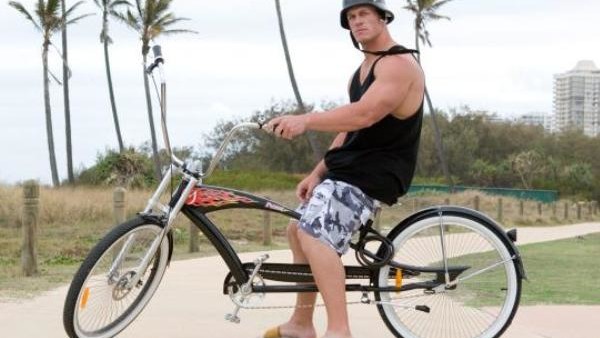10 Things Absolutely Nobody Knows The Answer To
10. How Bikes Work

One of the most terrifying early examples (the first of many) parental betrayals enacted upon you as a child is learning to ride a bike. "It'll be fine," they tell you, with a devilish glint in their eye as they unscrew the stabilisers which had made your cycling just dandy so far. "I'll hold onto you so you don't fall off," they say, barely concealing a smirk.
Of course, after the initial rush of terror when you're abandoned on that two-wheeler all alone, at the whim of gravity, everything turns out fine and look: you can ride a bike! But what makes parents so sure that things will work out? Why do they just "know" that you'll cycle on fine by yourself? In practice, we guess, they have plenty of evidence that cycling works. But think about it for more than five seconds and you realise that bikes actually make no sense. Like, at all. To the degree that researchers still don't really know how bikes work.
Here comes the science bit: You know how bikes wobble but they don't fall down, even if you're just pushing them along without riding them, or even if you just push them off to travel by themselves? That's all to do with the gyroscopic force of the front wheel. Or that's what we assumed. Actually, with some tinkering, it turned out the front wheel has nothing to do with it.
No study of the physics of how conventional two-wheeled bicycles manage to stay upright has gotten the full answer. And there's not a lot of money in such research, so it's likely we'll never know. It just works. Ah, the mysteries of life.